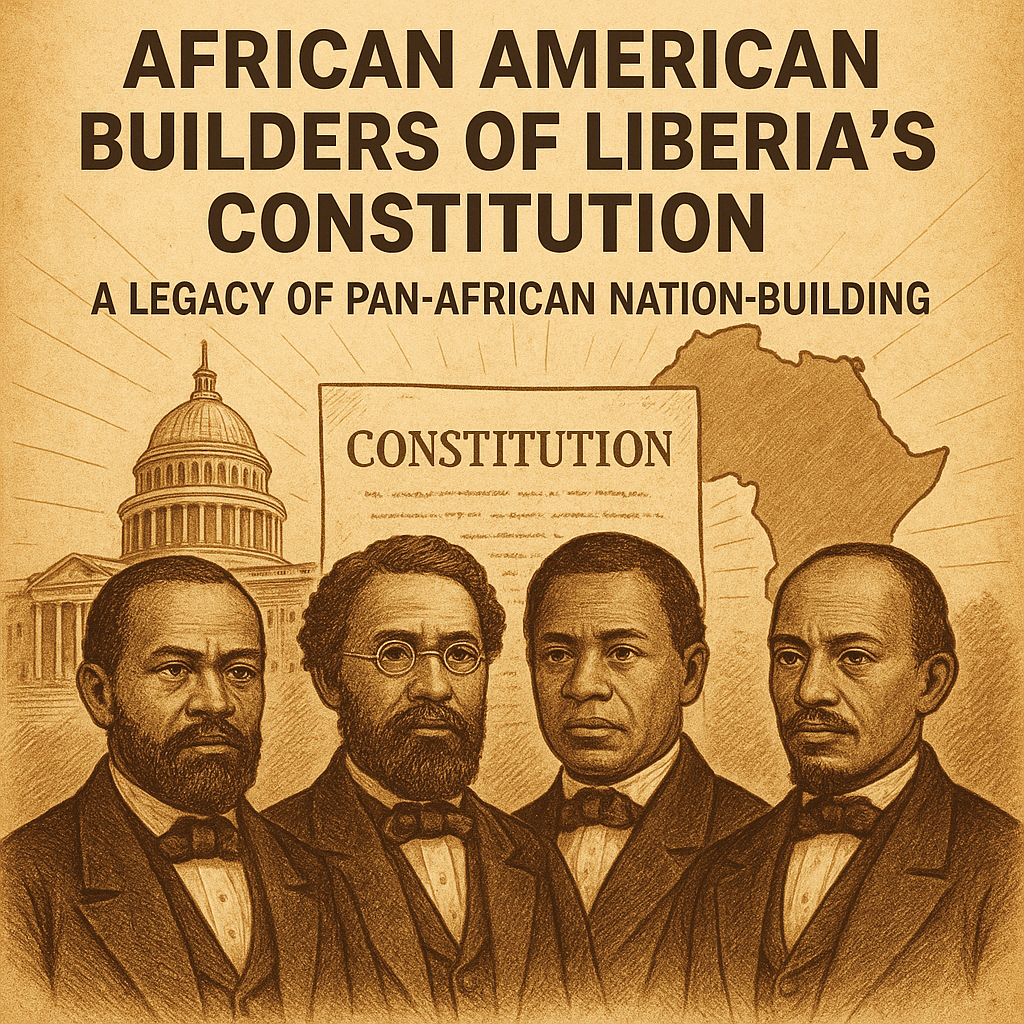In the early 19th century, as slavery raged across the American South, a different kind of Black legacy was taking shape across the Atlantic. In 1847, the Republic of Liberia declared independence with a constitution that would bear the fingerprints of several African Americans—freedmen, intellectuals, and clergy who saw in Liberia the hope of Black sovereignty and self-determination.
These pioneers were not merely settlers—they were architects of a new Black republic. Among them was Hilary Teague, a former slave from Virginia who became Liberia’s first Secretary of State and principal drafter of the Liberian Declaration of Independence. Often called the “Father of Liberian Independence,” Teague infused the constitution with republican ideals modeled after the U.S. Constitution, but with a distinctly African vision of unity, justice, and sovereignty.
Another notable figure was Joseph Jenkins Roberts, born free in Virginia, who became Liberia’s first president. His leadership helped institutionalize the early constitutional framework, promoting education, Christian ethics, and African self-governance. Alongside Teague and Roberts stood men like John B. Pinney and Elijah Johnson, who carried the collective aspirations of freed Black Americans toward building a stable and self-reliant African nation.
While Liberia’s history is complex, what remains clear is the role these African American thinkers played in shaping not just a nation, but a global conversation about Black governance, identity, and freedom. Their contribution was not merely about resettlement—it was about constructing a constitutional foundation rooted in justice, self-determination, and Pan-African solidarity.
At KnowThyHistory.com, we honor their legacy—not as an echo of the past, but as a blueprint for Black excellence, transatlantic unity, and sovereign vision.
